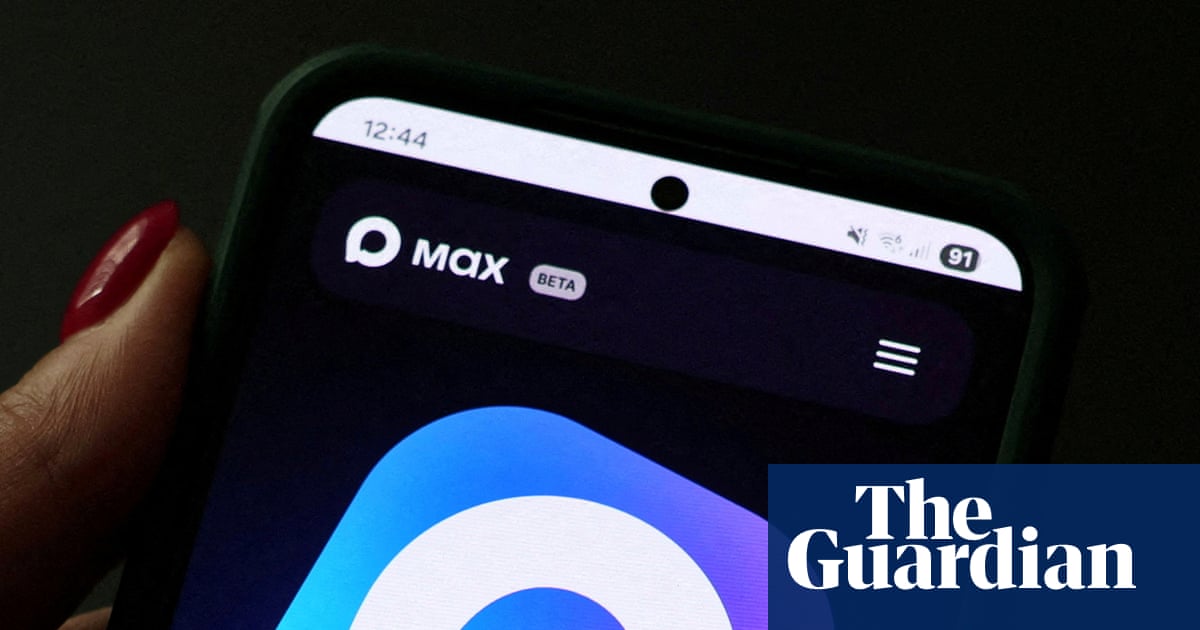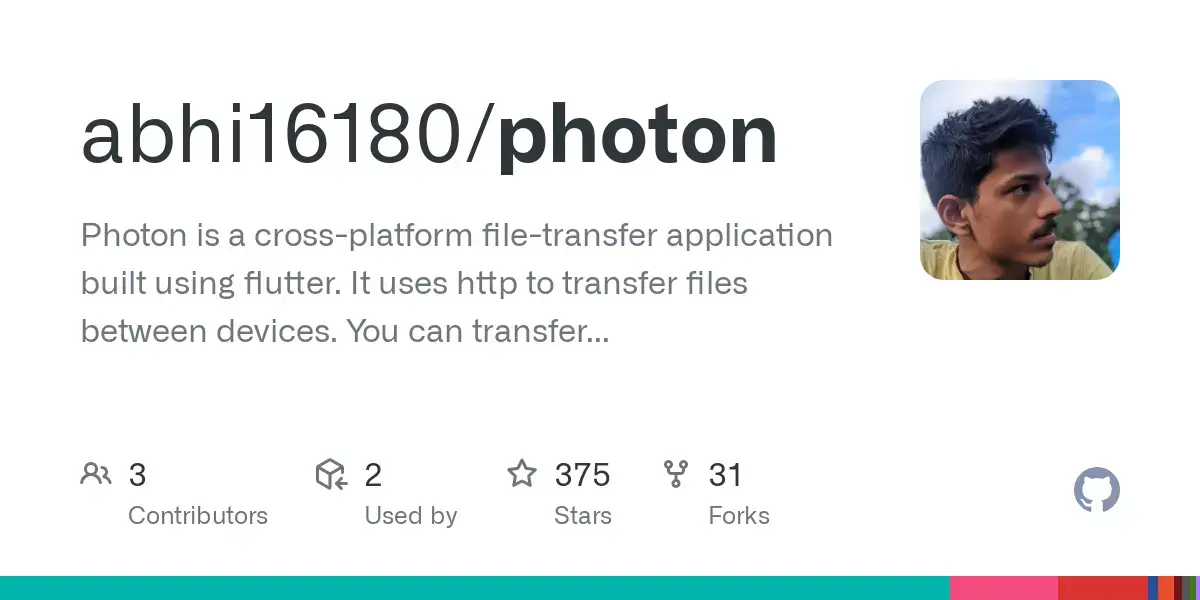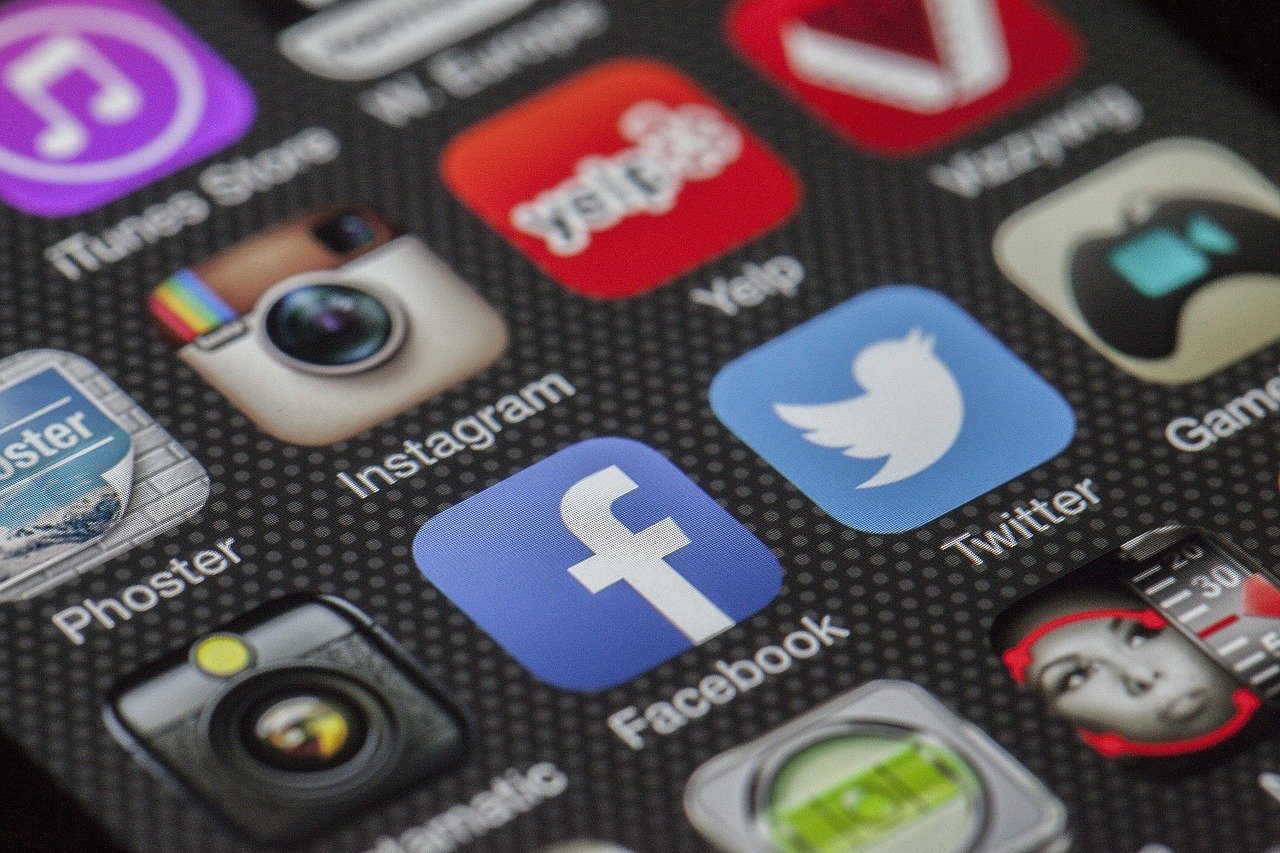
rnercle
- 8 Posts
- 286 Comments
Are you suggesting it’s literally illegal to walk around with a barclava in your city?
☞ https://en.wikipedia.org/wiki/French_ban_on_face_covering
The French ban on face covering is the result of an act of parliament passed in 2010 banning the wearing of face-covering headgear, including masks, helmets, balaclavas, niqābs and other veils covering the face, and full body costumes and zentais (skin-tight garments covering entire body) in public places, except under specified circumstances.
install netGuard and lockdown both wifi and mobile data.


« Que risquez-vous ? Que vous importe d’être instantanément reconnu, grâce au moyen le plus simple et le plus infaillible ? Le criminel seul trouve avantage à se cacher… » Il reconnaissait bien que le raisonnement n’était pas sans valeur, mais il ne se sentait pas convaincu. En ce temps-là, le procédé de M. Bertillon n’était en effet redoutable qu’au criminel, et il en est de même encore maintenant. C’est le mot de criminel dont le sens s’est prodigieusement élargi, jusqu’à désigner tout citoyen peu favorable au Régime, au Système, au Parti, ou à l’homme qui les incarne. […]
L’idée qu’un citoyen, qui n’a jamais eu affaire à la Justice de son pays, devrait rester parfaitement libre de dissimuler son identité à qui lui plaît, pour des motifs dont il est seul juge, ou simplement pour son plaisir, que toute indiscrétion d’un policier sur ce chapitre ne saurait être tolérée sans les raisons les plus graves, cette idée ne vient plus à l’esprit de personne. Le jour n’est pas loin peut-être où il nous semblera aussi naturel de laisser notre clef dans la serrure, afin que la police puisse entrer chez nous nuit et jour, que d’ouvrir notre portefeuille à toute réquisition. Et lorsque l’État jugera plus pratique, afin d’épargner le temps de ses innombrables contrôleurs, de nous imposer une marque extérieure, pourquoi hésiterions-nous à nous laisser marquer au fer, à la joue ou à la fesse, comme le bétail ? L’épuration des Mal-Pensants, si chère aux régimes totalitaires, en serait grandement facilitée.


La France contre les robots/Texte entier ☞ https://fr.wikisource.org/wiki/La_France_contre_les_robots/Texte_entier
The department, which serves a community of over 129,000 residents, launched its drone program in 2020,
no amount is too much for catching a bike thief /s
5 years of “drone program” for a community of 129000. They can sleep better now that the “suspected shop lifter” is at last arrested 🤷 those police toys must have been expensive, if they’re making news about this
isn’t orbot doing the same thing?
Orbot is a free VPN and proxy app that empowers other apps to use the internet more securely. Orbot uses Tor to encrypt your Internet traffic and then hides it by bouncing through a series of computers around the world. Tor is free software and an open network that helps you defend against a form of network surveillance that threatens personal freedom and privacy, confidential business activities and relationships, and state security known as traffic analysis.
https://orbot.app/en/
https://guardianproject.info/apps/org.torproject.android/


Social media erupted with bewildered reactions from attendees. Some praised the band for forcing a conversation about surveillance that most people avoid, while others expressed discomfort with the unexpected data capture.
Unlike typical concert technology that enhances your experience, this facial recognition system explicitly confronted attendees with the reality of data capture. The band made visible what usually happens invisibly—your face being recorded, analyzed, and potentially stored by systems you never explicitly agreed to interact with.
The audience split predictably along ideological lines. Privacy advocates called it a boundary violation disguised as art. Others viewed it as necessary shock therapy for our sleepwalking acceptance of facial recognition in everyday spaces. Both reactions prove the intervention achieved its disruptive goal.
Your relationship with facial recognition technology just got more complicated. Every venue, every event, every public space potentially captures your likeness. Massive Attack simply made the invisible visible—and deeply uncomfortable. The question now isn’t whether this was art or privacy violation, but whether you’re ready to confront how normalized surveillance has become in your daily life.
quad9 has their own app ☞ https://f-droid.org/packages/com.quad9.aegis/
this has nothing to do with ai though
watch this if you can’t read ☞ techlore - The UK Just Broke the Anonymous Internet https://www.youtube.com/watch?v=QiR7aQs3JTU
that would mean the death of street photography. Do you have any sources for those cases?
photographing in public space is still a right. There are exceptions, but they are understandable.
Ainsi, la simple captation d’une image dans un lieu public ne suffit pas à autoriser sa diffusion, surtout si cette diffusion peut porter atteinte à la dignité ou à l’intégrité de la personne photographiée. Le droit à l’image en France se distingue par son approche stricte.
Contrairement à d’autres pays, où la captation d’images dans des lieux publics peut être plus tolérée, le législateur français a choisi de protéger de manière rigoureuse la vie privée des individus.
Par conséquent, toute photographie d’une personne identifiable sans son consentement préalable peut engager la responsabilité civile du photographe, qui peut être contraint à des réparations pour le préjudice subi par la victime
it very much depends on the context.
1. Les limites du droit à l'image
Bien que le droit à l'image soit un principe fondamental, il existe certaines exceptions qui permettent une captation et une diffusion d'images sans le consentement préalable de la personne photographiée. Ces exceptions sont généralement liées à des intérêts publics ou à des contextes spécifiques :
- Les lieux publics et le droit à l'information : Dans les espaces publics, la captation d'images est souvent permise, notamment dans le cadre d'événements d'intérêt général (manifestations, cérémonies, etc.). Cependant, même dans ces cas, la diffusion de ces images peut être soumise à des conditions strictes. Par exemple, la diffusion d'une image prise lors d'un événement public ne doit pas dénaturer le propos ou porter atteinte à la réputation des personnes présentes.
- Les personnes publiques : Les personnalités publiques, telles que les politiciens, les artistes ou les sportifs, bénéficient d'une protection moins stricte de leur droit à l'image. En effet, leur statut entraîne une certaine forme de renonciation à ce droit lorsqu'ils apparaissent dans des contextes liés à leur activité professionnelle. Toutefois, cela ne signifie pas qu'ils sont dépourvus de droits ; toute exploitation commerciale de leur image nécessite souvent une autorisation.
- L'usage artistique : Dans le cadre de la création artistique, certaines œuvres peuvent utiliser des images de personnes identifiables sans leur consentement, à condition que l'œuvre ait un caractère artistique et ne porte pas atteinte à la dignité de la personne représentée. Cette notion est cependant sujette à interprétation et peut donner lieu à des litiges.
like i wrote under your last post, install netGuard as a VPN and activate “manage system apps” which will permit you to block google calling home
also, with ADB you can uninstall almost anything (be careful!)
you can also choose a dns which would block those (mullvad, for example
☞ https://en.wikipedia.org/wiki/Selective_perception
Selective perception is the tendency to not notice and more quickly forget stimuli that cause emotional discomfort and contradict prior beliefs. For example, a teacher may have a favorite student because they are biased by in-group favoritism. The teacher ignores the student’s poor attainment. Conversely, they might not notice the progress of their least favorite student. It can also occur when consuming mass media, allowing people to see facts and opinions they like while ignoring those that do not fit with particular opinions, values, beliefs, or frame of reference. Psychologists believe this process occurs automatically.
Selective perception has roots in cognitive psychology, where it is studied as a fundamental part of how individuals filter and process information based on biases, expectations, and past experiences. It is closely related to concepts like confirmation bias—favoring information that aligns with one’s beliefs—and cognitive dissonance, the discomfort of holding conflicting thoughts, both of which shape perception. Its applications extend beyond psychology, playing key roles in marketing (shaping consumer focus), politics (influencing voter perception), and mental health (understanding biases in disorders), highlighting its impact on both individual behaviors and societal trends.
depending on how you look, what your hair & skin colour is, you may be checked “randomly” while you’re walking home or when you’re crossing borders on a train. If your ID isn’t valid, they won’t just “not care about it”
that polite policeman passing you by with a “good day” would wake me up on the train to check harass me to see if i’m hiding who knows what in my testicles 🤬
Maybe it’s just personal experience
your experience doesn’t reflect Europe, it is a commentary about what you see in the mirror
When a vanilla GSI starts, up to 10 different Google servers are contacted and private data is transmitted. A vanilla GSI transmits several hundred megabytes of private data to Google every day.
LeOS does not have these connections and data transfers.
after @Nicro@discuss.tchncs.de
LeOS sounds interesting indeed. Why isn’t it mentioned on privacy communities (unlike Graphene and Lineage) ?


did you try running excel on wine?


internets were there before Google. I’m sure there are many people on lemmy who remember google as a new search engine they tried.
internet would be different, like it was different, if these hogs like google and facebook are banned from collecting and selling user data. Fuck surveillance capitalism. (fuck capitalism while you’re at it)
i have simplex, element, briar and even rattlegram.
with messengers “a different experience” is interesting (for me) but if the people i’m communicating with are not sharing those “experiences”, what good do they bring? Am i going to chat with myself?
Getting people to use Signal instead of WhatsApp was a challenge already. Now almost all my contacts are on Signal.
How am i going to get people to use any of these apps considering that Signal has no shortfalls (like belonging to Facebook and spying on you)?
thoughts on Klar served by the Guardian project after “recent” changes to Mozilla’s approach to priv


- •
- 2Y
- •


- •
- 2Y
- •





if he’s such a boogle fan, why even did he have a phone with LOS?